ISIS ‘planning to attack Syrian cities over New Year’: Kurd leader
Islamic State is re-arming and will seek to exploit the vacuum in Syria with a new wave of attacks over the holiday period, according to the leader of the country’s western-backed troops.
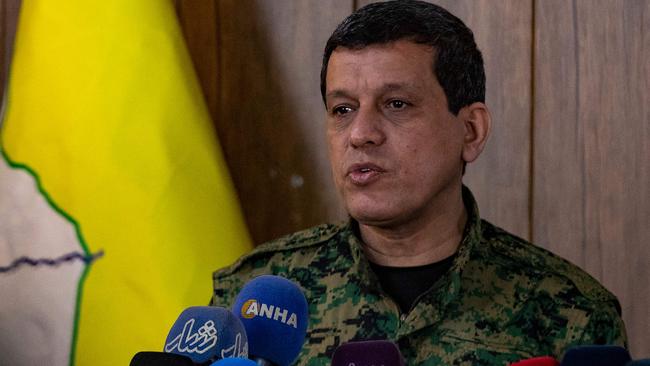
Islamic State will seek to exploit the fall of Bashar al-Assad with a new wave of attacks, according to the leader of Syria’s western-backed troops.
General Mazloum Abdi, head of the Kurdish-led Syrian Democratic Forces (SDF), warned that the jihadists could capitalise on the chaos and growing spectre of a second civil war since Assad was ousted as the president of Syria this month.
The SDF helped defeat Islamic State’s so-called caliphate in 2019 but remnants of the group were looking to benefit from the “security vacuum”, Abdi said.
“There is an increase in activity and a security vacuum,” he said. “[ISIS] has obtained more weapons and capabilities and positions in the Syrian desert and have more freedom of movement.”
The SDF, backed by the United States, Britain and other western countries, is in conflict with Turkey, which backs Hayat Tahrir al-Sham (HTS), the rebel group that has seized Damascus and most of Syria.
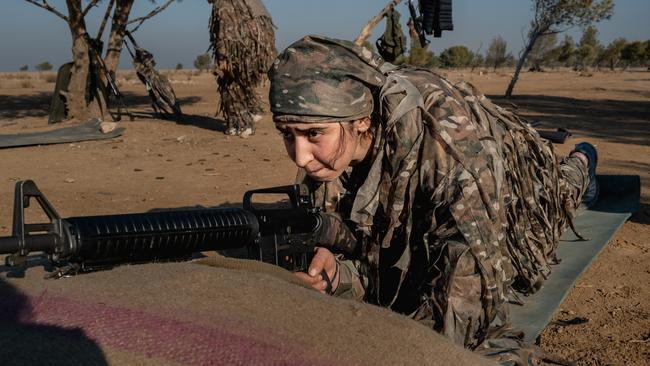
Kurdish-led forces were absent from an agreement made between HTS and other rebel factions for all rebel groups to dissolve and reintegrate under the defence ministry. Abdi is prepared to join after he has negotiated rights for Kurds and other minorities.
As the SDF and HTS prepare to fight in eastern Syria, the US and other western countries have sought to prevent ISIS from rising again. They have brokered talks between Turkey and the Kurds while increasing air strikes on ISIS pockets in the Syrian desert.
Abdi warned that ISIS would not remain contained for long and that it had planned to attack other Syrian cities during new year celebrations. The SDF is guarding camps with tens of thousands of ISIS detainees – many of them foreigners, including Britons, whose countries do not want them back – with plans to free them.
The US has long warned that ISIS has an “army in waiting” in camps and prisons. In 2022 it identified the thousands of children at al-Hawl camp, where there are about 50,000 ISIS members and families, as “the next generation of ISIS”.
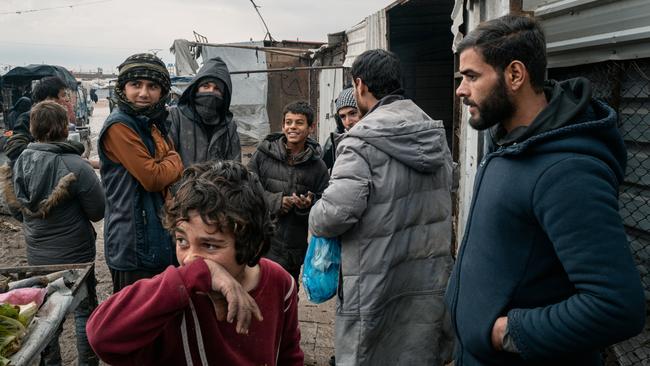
The anti-ISIS campaign has been complicated by the SDF’s conflict with Turkey and its allied Syrian militia. Turkish-backed forces had moved to force the SDF from Manbij, a strategic city close to the Euphrates, as Assad’s regime unravelled. Turkey now wants to extend a buffer zone across its border with Syria.
Lloyd Austin, the US defence secretary, spoke to Yasar Guler, his Turkish counterpart, on Tuesday. They discussed “maintaining the success” of their efforts to contain ISIS and set out “the conditions to enable a more secure and stable Syria”, US officials said.
The US has negotiated a truce between the Kurds and the Syrian-Turkish forces but there was continued artillery fire on Friday and the SDF launched a counter-attack on Monday. Turkish-backed Syrian commanders said they expected to launch an offensive against Kurdish forces.
Turkey opposed Kurdish autonomy in Syria and accused the SDF of being a front for the PKK, a militant group that seeks autonomy for the Kurds and has conducted attacks in Turkey, and sending fighters to Syria. The PKK – of which Abdi was a member before he created the SDF – is designated a terrorist group by Turkey, the US and Britain.
The US, Britain and other western partners say it is a separate entity and has proven invaluable in fighting ISIS.
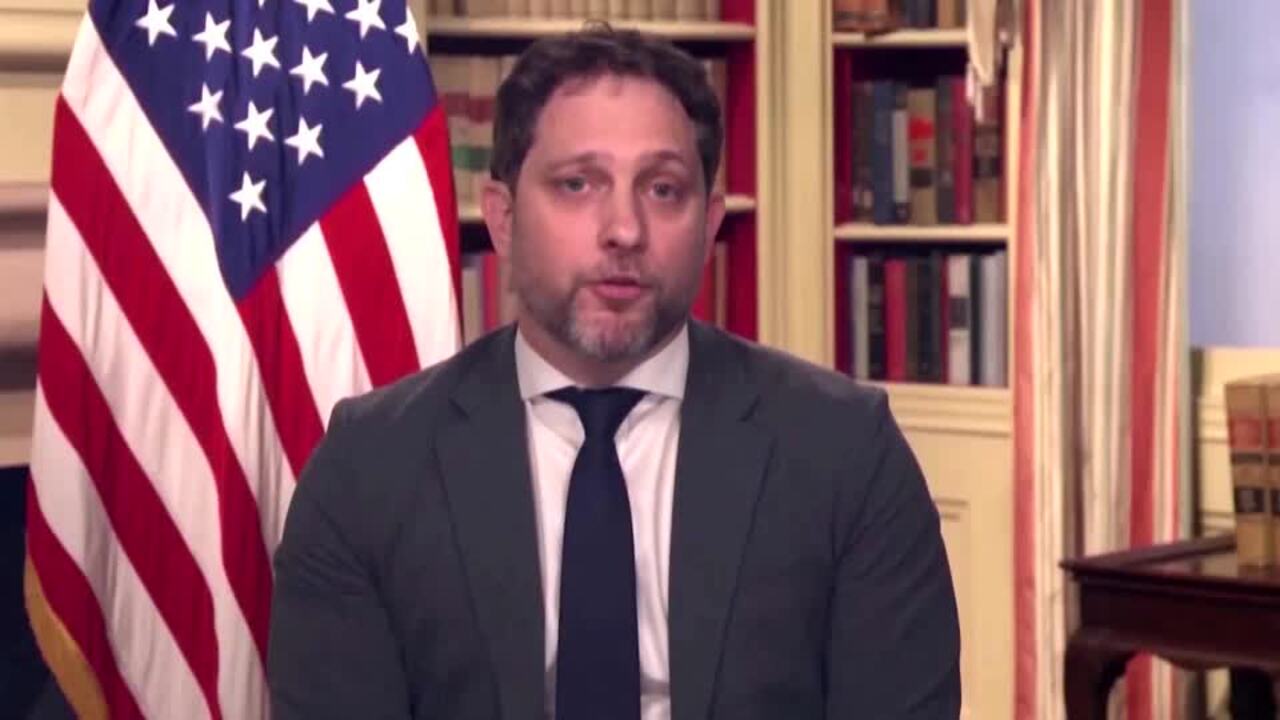
Abdi said that Kurds from abroad had joined the SDF to help defend Kurdish towns in Syria from ISIS and were now prepared to leave. He said his group continued to respect the ceasefire but were responding to attacks from the Turkish-backed militia, who he accused of violating the agreement.
Turkey had denied it was a party to the agreement between the Kurds and Syrian-Turkish forces, saying it does not negotiate with “terrorists”.
Abdi said the US had supported the SDF proposal of a buffer zone manned by international troops around Kobani, a Kurdish-majority city on the border with Turkey.
“We know there is a new situation in Syria,” said Abdi, adding that Assad’s party “ruled in a dictatorial manner”.
“We want Syria to be decentralised, based on democratic pluralistic principles, with local councils sharing some of those powers in agreement with the central authority,” he said.
Syria’s new leader, Ahmed al-Shara has said there can be no armed groups except the military and has sought to reassure his Turkish allies they will not face a threat from Kurdish groups in Syria. Shara, a former al-Qaeda commander, has renounced his ties to the Islamist extremist organisation and pledged to respect minority rights but wants a strong central government.
The Times


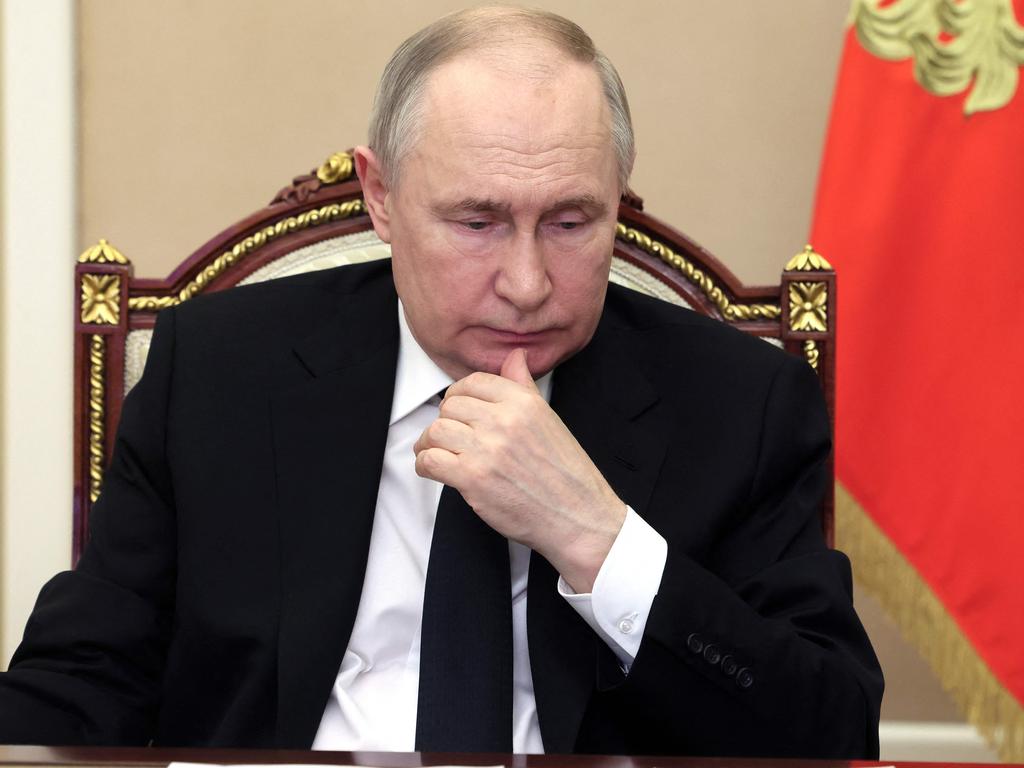

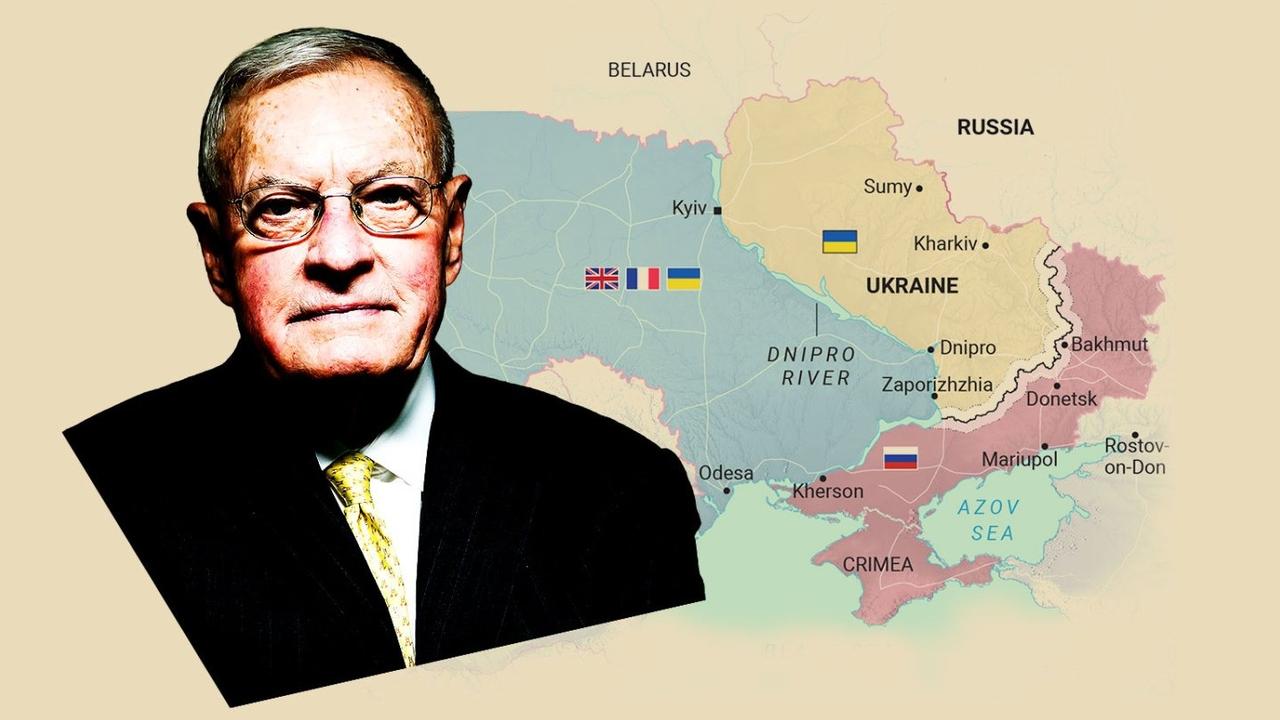
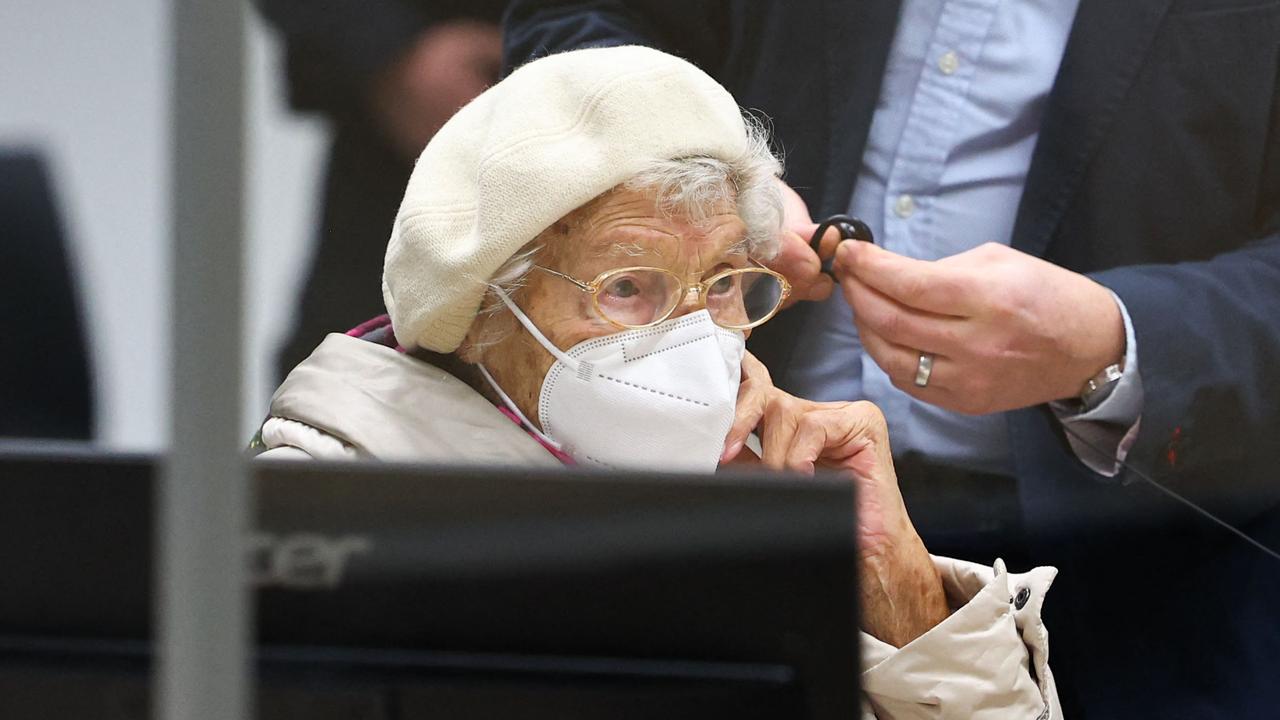
To join the conversation, please log in. Don't have an account? Register
Join the conversation, you are commenting as Logout